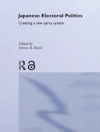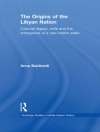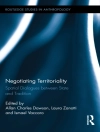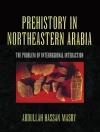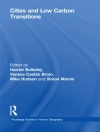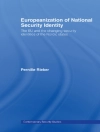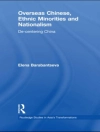Why, in a scientific age, do people routinely turn to astrologers, mediums, cultists, and every kind of irrational practitioner rather than to science to meet their spiritual needs? The answer, according to Richard J. Bird, is that science, especially biology, has embraced a view of life that renders meaningless the coincidences, serendipities, and other seemingly significant occurrences that fill people’s everyday existence.
Evolutionary biology rests on the assumption that although events are fundamentally random, some are selected because they are better adapted than others to the surrounding world. This book proposes an alternative view of evolving complexity. Bird argues that randomness means not disorder but infinite order. Complexity arises not from many random events of natural selection (although these are not unimportant) but from the 'playing out’ of chaotic systems—which are best described mathematically. When we properly understand the complex interplay of chaos and life, Bird contends, we will see that many events that appear random are actually the outcome of order.
Spis treści
Preface
Acknowledgments
Prologue: The Dawn of Man?
1. Iteration and Sequence
2. The Crisis in Biology
3. The Origin of 'Species’
4. Chaos and Dimensionality
5. Chaostability
6. The Geometry of Life
7. The Living Computer
8. Morphology and Evolution
9. Entropy, Information, and Randomness
10. The Effectiveness of Mathematics
11. Life and Conflict
12. The World as Iteration and Recursion
Notes
Index
O autorze
Richard J. Bird is visiting scholar and sometime senior lecturer at Northumbria University in Newcastle Upon Tyne, UK. He is past president of the Society for Chaos Theory in Psychology and Life Sciences.




